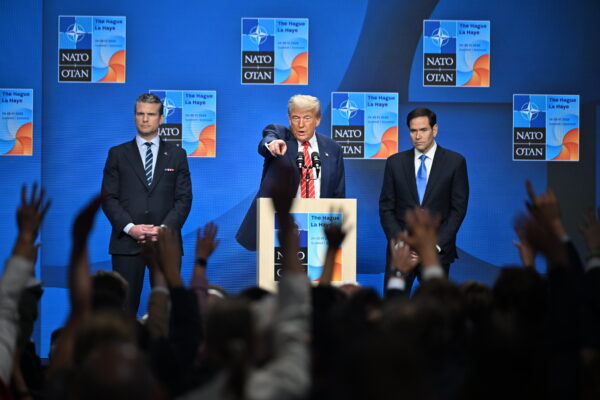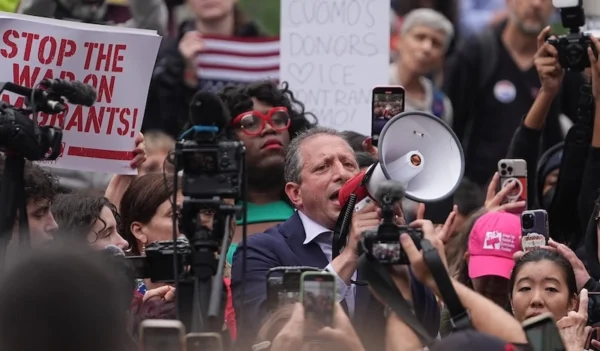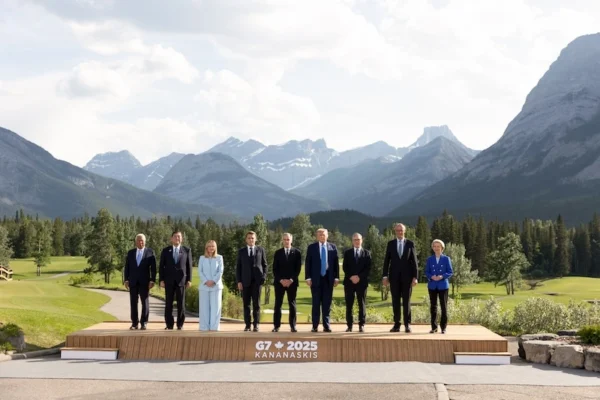US credibility in decline in Turkey
Many different things have been written about the idea of the decline of the U.S. over the past several years. The debate that took place on the global financial crisis between the declinists and anti-declinists only recently wound down. In this debate, anti-declinists had a point in pointing out the enduring strength of the U.S. and the unwillingness of the challengers to bear the responsibilities of a global superpower. However, the economic and social trends that the declinists pointed out have not been successfully reversed by U.S. administrations since the beginning of this debate. The problems concerning the basic infrastructure in the U.S. and the challenges in education have yet to be fixed. In the meantime, pop-sociology books published in the past few years have demonstrated even more issues in the country’s society and social cohesion, including addictions and increasing politicization.
Despite the continuation of these trends over the past few years, declinism in the U.S. has increasingly been represented by problematic foreign policy and security decisions. Observers and scholars have repeatedly cited the failures in U.S. foreign and security policies and its declining international credibility as a part of its decline. This issue has been covered several times in this column. The lack of clarity in terms of direction, the absence of long-term goals and strategies, the inconsideration of security and concerns of allies and increasing chaos in its foreign policy-making processes are becoming a showcase for the U.S.’s decreasing power and influence around the world. In panels and meetings on U.S. foreign policy in different countries, U.S. foreign policy is described as a prisoner of rhetoric and short-term goals. Although some question the validity of its credibility in international relations, this lack of credibility has started to define the U.S. around the world.
Regarding Turkey, the U.S. has habitually demonstrated problematical foreign policy decisions, a dismissive attitude and controversial rhetoric. And somehow this attitude is being supported in the U.S. by some who consider it the correct action concerning Turkey. The debate following the last phone conversation between President Recep Tayyip Erdoğan and U.S. President Donald Trump demonstrated this situation. The statement confirming that the U.S. would stop the delivery of weapons to the PKK-affiliated People’s Protection Units (YPG) generated major debate among some foreign policy experts. There were tweets emphasizing how big of a mistake it would be if the U.S. stops supporting the YPG. It is not clear what these experts are thinking. What should the long-term strategic objective of U.S. foreign policy be in the region? How can the U.S. reach its strategic objectives by supporting the YPG?
How are they planning to mend the ties between Turkey and the U.S.? In fact, some officials rushed to express support for the cooperation between the U.S. and the YPG, despite some readjustments in the assistance to the group. It was perplexing, puzzling and disappointing to see these reactions. It was more disconcerting to see the willingness among some to continue with the failed policies of the past few years. The preparedness among some to prioritize tactical goals over long-term strategy has already been extremely disturbing. However, the fact that some of them seem to be promoting this idea solely to offend Ankara and to distance Turkey from the U.S. is more shocking. For the past few years, the U.S. has supported this group regardless of the harm it has caused its NATO ally in the region.
The shortsightedness among some U.S. foreign policymakers is shocking. The fact that supporting a group affiliated with a terrorist organization and considering it the U.S.’s only option made the country not only look less reliable, but also like a superpower without an option in the region. The losses to its credibility and image in the region have contributed to the debates about the U.S.’s decline in Turkey, as well. If the U.S. does not reverse this course of action, especially regarding the YPG, it will continue to suffer from self-inflicted wounds to its credibility and image, and of course its working relationships around the world. Declinism will soon gain new meaning and ground.
This article was first published by Daily Sabah on December 2, 2017.




















